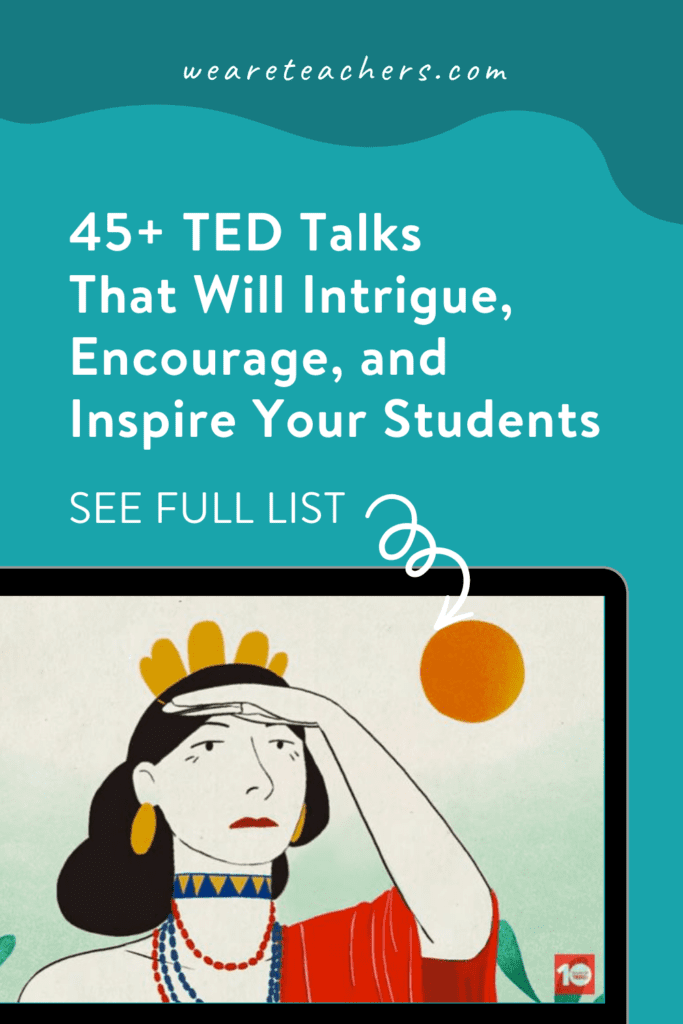By now, you probably know about TED, a nonprofit organization dedicated to sharing important ideas through brief, impactful talks. TED Talks can be an amazing classroom resource that sparks meaningful conversations. (Their TED-Ed videos are especially valuable, since they include complete lesson plans for teachers.) We’ve rounded up some of our favorite TED Talks students will really enjoy. You’ll find options here for every age and interest.
STEM TED Talks for Students
These videos include Ted Talks students can learn from, in ways that will truly engage them. See hands-on science in action, and explore topics in a way kids can easily understand.
Emma Bryce: What really happens to the plastic you throw away? (3:53)
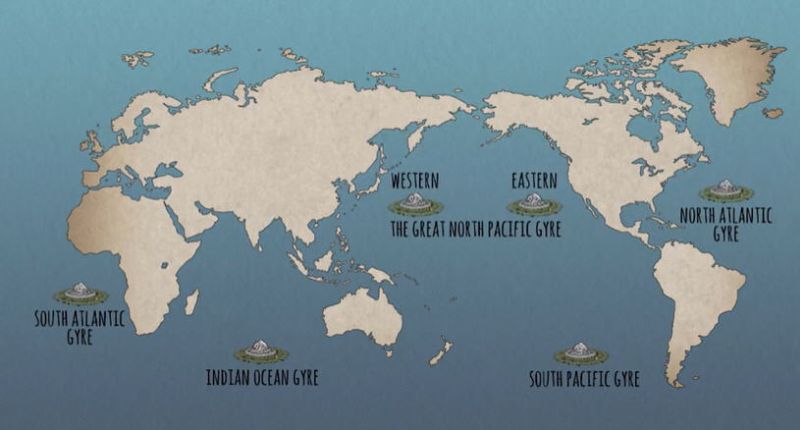
Plastic bottles are everywhere these days. In this video, you’ll follow the life cycles of three different bottles. Each journey teaches us something about how plastics affect the environment.
Angela Koine Flynn: The science of skin color (4:39)
Why do some people tan (or burn) so fast while others can sit in the sun for hours? How did our skin develop so many different hues to begin with? Find out, then follow up with The Beauty of Human Skin in Every Color!
Anita Collins: How playing an instrument benefits your brain (4:30)
When you listen to music, multiple areas of your brain become engaged and active. But when you actually play an instrument, that activity becomes more like a full-body brain workout.
Myriam Sidibe: The simple power of hand-washing (11:32)
This talk begins with some sobering statistics: 6.6 million children worldwide don’t make it to their fifth birthday. But Myriam Sidibe reveals the simplest of solutions that may reverse the trends—a bar of soap.
Beau Lotto and Amy O’Toole: Science is for everyone, kids included (15:10)
Neuroscientist Beau Lotto shares the parallels between science and play with the help of 25 elementary-age children.
Eva-Maria Geigl: The history of the world according to cats (4:21)
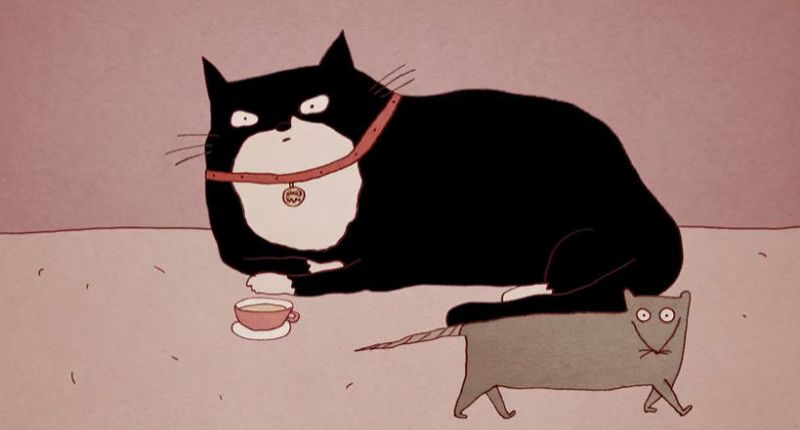
Long ago, wild cats were fierce hunters. Over the centuries, they’ve become the house pets we now know and love. Learn how our furry friends came to be in this fun video.
Kelli Sandman-Hurley: What is dyslexia? (4:20)
There’s probably at least one student in your classroom with dyslexia. Learn how it affects learning and why we should celebrate neurodiversity.
Arthur Benjamin: Mathemagic (15:02)
Art Benjamin combines his two loves, math and magic! Watch him perform three-digit multiplication in his head faster than his helpers using a calculator.
AnnMarie Thomas: Hands-on science with squishy circuits (3:52)
Kids will love learning how to create circuits using two different kinds of homemade play dough. Don’t be surprised when they want to try it for themselves.
Jack Andraka: A promising test for pancreatic cancer … from a teenager (10:36)
Jack developed an inexpensive, effective, and non-invasive test for pancreatic cancer. Oh, and he did it all before his 16th birthday!
Claire Simeone: The lovable (and lethal) sea lion (4:37)
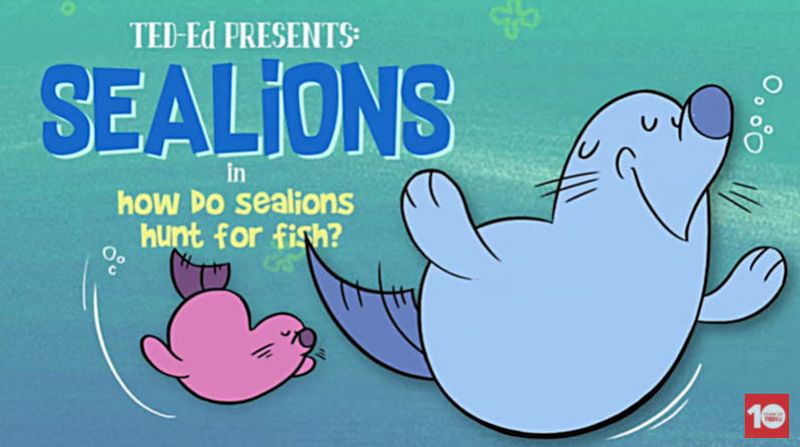
Go for a swim with one of the ocean’s coolest creatures, the sea lion. They can hunt for up to 30 hours at a time and reach speeds of 18 mph. Amazing!
Thomas Suarez: 12-year-old app developer (4:24)
“Where do you go to find out how to make an app?” Thomas was 12 when he asked this question. He taught himself to build apps and wants to inspire other kids to do the same.
Daphne Bavelier: Your brain on video games (17:45)
Kids are often told video games are “bad” for them. Brain scientist Daphne Bavelier challenges that notion. She believes that playing video games in “reasonable doses” can actually have lots of positive effects on our brain. Bavelier shares how she and other scientists are using their research to help others.
William Kamkwamba: How I built a windmill (3:59)
At age 14, a Malawian boy named William Kamkwamba sought a way to help his village combat famine. Ultimately, he built a wind turbine entirely out of spare parts and scrapyard materials. Next, learn how it changed his life in How I Harnessed the Wind.
Terry Moore: How to tie your shoes (2:43)
Terry Moore believes that most of us are tying our shoes incorrectly. Surprisingly enough, he’s probably right. In this informative TED Talk, Moore demonstrates how to tie a stronger knot that won’t let us down. As Moore notes, sometimes small advantages can yield big results.
Joe Smith: How to use a paper towel (4:15)
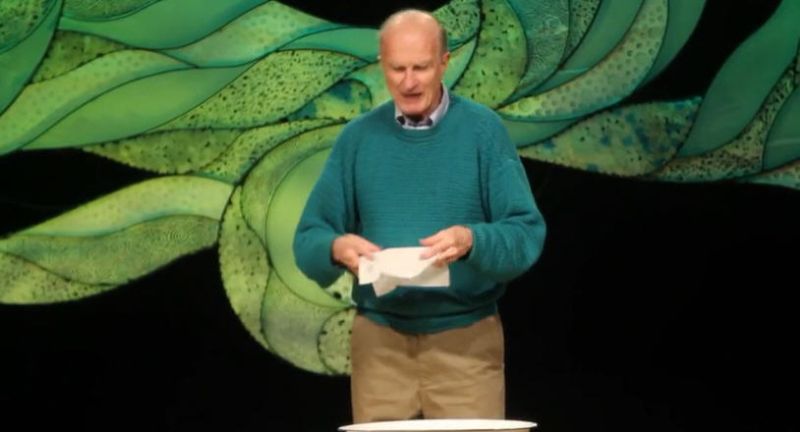
Joe Smith is on a mission to save paper by teaching us the correct way to use a paper towel. Spoiler alert: We’re doing it wrong and creating a lot of waste in the process.
John Green: The nerd’s guide to learning everything online (18:01)
John Green talks about the importance of the internet and why it makes learning more awesome. He demonstrates how platforms like YouTube can help build engaging communities of learning and discovery.
History and Culture TED Talks for Students
Explore topics from history and the arts and make connections with people around the world.
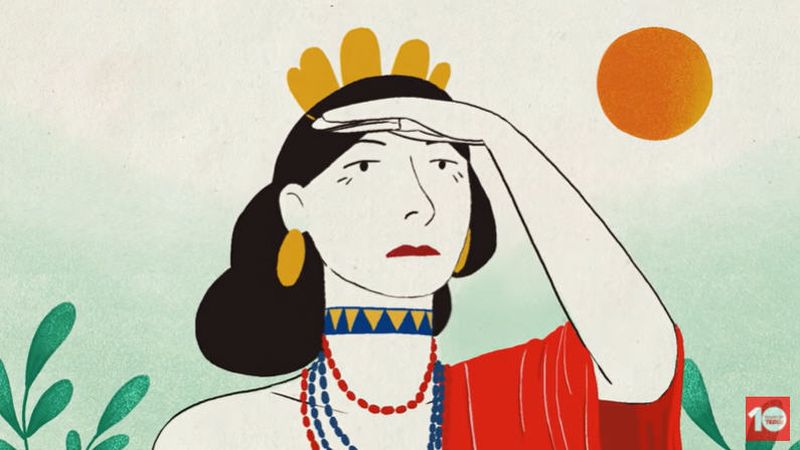
Would you have guessed that the world’s first known author was a woman? Find out about her life and writings, dating back 4,300 years.
Iseult Gillespie: How to see more and care less: The art of Georgia O’Keeffe (5:00)
Artist Georgia O’Keeffe was inspired by the shapes and rhythms of nature. Her unique way of looking at the world gave rise to American Modernism.
Brian A. Pavlac: Ugly History: Witch Hunts (5:25)
For much of human history, people believed witches were real—and evil. They hunted the suspected witches, put them on “trial,” and tortured them, often to death. Take a closer look at this difficult chapter of our past and how it came to be.
Diane J. Rayor: Ancient Greece’s greatest popstar (5:25)
Kids who love Beyoncé or Adele will love learning about Sappho, one of ancient Greece’s most famous poets. She coined the word “bittersweet” to describe the ups and downs of romance. Her writings made her a superstar of her day!
Kayla Wolf: Why every world map is wrong (4:57)
It’s simply impossible to make a map of the spherical world that’s accurate. So why do we keep using them? And how can we change them to shift our point of view? Find out in this intriguing video.
Ann-Helén Bay: Why is it so hard to escape poverty? (4:45)

Many people believe that if you work hard enough, you’ll automatically succeed. But poverty is a trap that frequently pulls people back down, no matter how hard they try. Why should that be, and how can we overcome it?
Danielle Feinberg: The magic ingredient that brings Pixar movies to life (11:55)
Go behind the scenes with Danielle Feinberg, Pixar’s director of photography. See what happens when science and art collide to create Pixar’s incredible three-dimensional worlds.
Only a tiny percentage of online videos go viral. But when they do, they become part of a cultural phenomenon that fascinates and mystifies us. Kevin Allocca shares the secret ingredients that contribute to a video’s viral success.
Jamila Lyiscott: 3 ways to speak English (4:16)
In this powerful spoken-word performance, Lyiscott challenges the standard notion of what it means to be “articulate” in today’s society. She shares her experience navigating three distinct English dialects at home, at school, and with friends.
Doug Levinson: What gives a dollar bill its value? (3:26)
Ever wonder how inflation works or what determines the value of a buck? Join the workers of the Federal Reserve and learn how it all works.
The LXD: In the Internet age, dance evolves (17:13)
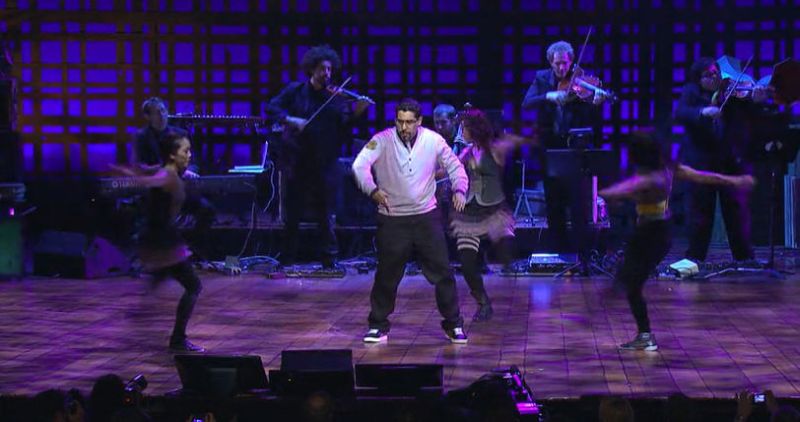
The LXD (Legion of Extraordinary Dancers) believes that dance can have a transformative effect on the world. Their stunning street dance performance makes for a TED Talk video students will want to watch again and again. Fans of Glee and So You Think You Can Dance may see some familiar faces.
Mac Barnett: Why a good book is a secret door (16:51)
Everyone needs a little whimsy in their lives. Children’s writer Mac Barnett shares the power of imagination in this playful talk. He introduces us to Nico, an imaginative child who brings Barnett’s message to life.
Tavi Gevinson: A teen just trying to figure it out (7:14)
Tavi Gevinson noticed that women, particularly young girls, were often misrepresented in popular media. In response, she created a web magazine where teenagers can share stories, ask questions, and “figure it out” together.
Inspirational TED Talks for Students
Encourage kids to ask more questions and seek out the best the world has to offer with these TED Talks.
Matthew Winkler: What makes a hero? (4:30)
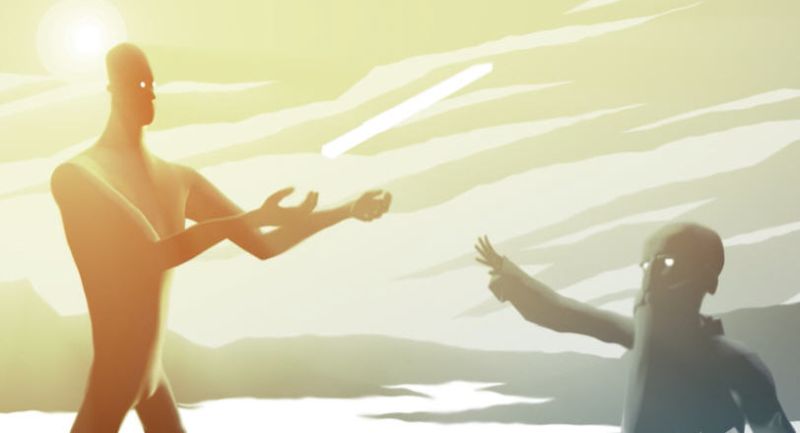
What trials unite Harry Potter, Frodo Baggins, and more of literature’s most interesting heroes? And what do ordinary people have in common with these literary heroes?
Manoush Zomorodi: How boredom can lead to your most brilliant ideas (16:04)
Believe it or not, boredom can actually result in your most creative accomplishments. Zomorodi explains that when your body is on autopilot, your brain gets busy!
Clint Smith: The danger of silence (4:09)
“Read critically. Write consciously. Speak clearly. Tell your truth.” Teacher Clint Smith explains the relationship between silence and discrimination.
Derek Sivers: How to start a movement (2:53)
How do movements gain traction? According to Derek Sivers, it’s different than you might think. In less than three minutes, Sivers takes us step-by-step through a movement forming in real time. He shares the lessons we can learn from those who have the courage to follow.
Angela Lee Duckworth: Grit: The power of passion and perseverance (5:54)
Angela Lee Duckworth is a public school teacher turned psychologist. Her research indicates success and IQ are not as interconnected as many might think. In this motivational talk, she reinforces the importance of building grit in ourselves and our students.
George Takei: Why I love a country that once betrayed me (15:45)
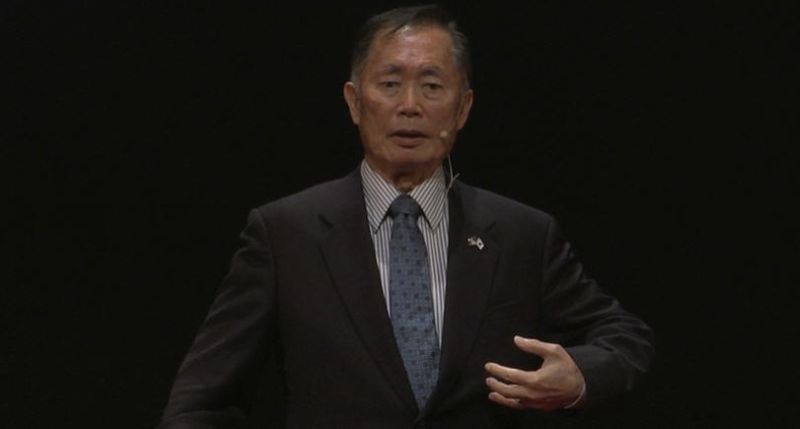
Explore patriotism and social justice with this engaging talk by actor and activist George Takei. Following the bombing of Pearl Harbor, young George and his family were forcibly relocated to a Japanese American internment camp. He shares how his father helped him reconcile this experience with the core ideal of American democracy.
Christian Picciolini: My descent into America’s neo-Nazi movement—and how I got out (20:10)
In this courageous talk, Christian Picciolini shares his personal journey of overcoming prejudice and hate. A former neo-Nazi, Picciolini now dedicates his time to helping others combat violent extremism in their own lives. He notes that these movements often target the young, vulnerable, and marginalized—like he once was. (Mature content and drug references.)
Tim Urban: Inside the mind of a master procrastinator (13:55)
Procrastinators, unite! In this relatable TED Talk, Tim Urban offers hilarious insight into the mind of a procrastinator. Kids will find the “instant gratification monkey” both funny and relatable.
Susan Cain: The power of introverts (18:48)
Author Susan Cain argues for the importance of introverts in a world that seems to favor the opposite. She explains why solitude matters, as well as how it contributes to creativity and leadership.
Shane Koyczan: To This Day … for the bullied and beautiful (11:47)
In this powerful video, Koyczan shares his viral spoken-word poem about bullying and survival. This beautiful talk is a must-see for anyone who has ever felt life’s uncertainty, loneliness, or frustration. (Mature content and language.)
Joachim de Posada: Don’t eat the marshmallow! (5:46)
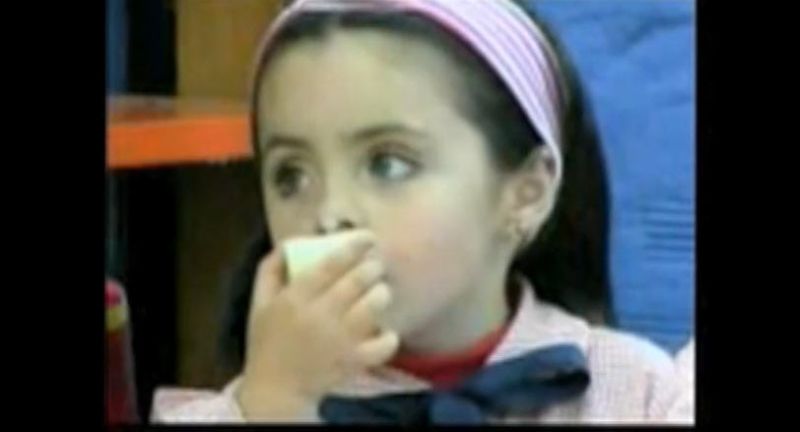
Joachim de Posada explains the value of self-discipline, demonstrated by a famous experiment. Students will laugh at little ones trying hard not to eat a marshmallow. But there’s a lot to learn here too.
Jarrett J. Krosoczka: Why lunch ladies are heroes (5:12)
Children’s author Jarrett J. Krosoczka illustrates the power of a simple thank-you in this talk. He encourages us to celebrate our cafeteria staff and the important work they do throughout the year.
Chimamanda Ngozi Adichie: The danger of a single story (18:33)
Stories matter. In this eye-opening talk, novelist Chimamanda Ngozi Adichie explains how power shapes the stories we hear and tell others. She warns against the danger of a single story. They can be incomplete and even offer harmful understandings of others based on a single narrative or experience. Adichie raises important questions that can encourage students to explore concepts of identity and perspective.
Drew Dudley: Everyday leadership (6:01)
In this inspiring talk, Drew Dudley explains how small acts of kindness can transform the lives of others. He believes leadership isn’t about changing the world but about changing each other’s understanding of the world.
Amy Cuddy: Your body language may shape who you are (20:46)
Cuddy explains how our body language shapes how others see us—and how we see ourselves. Learn how “power posing” can help us feel more confident.
Plus, check out 12 Must-See TED Talks for Teachers.
